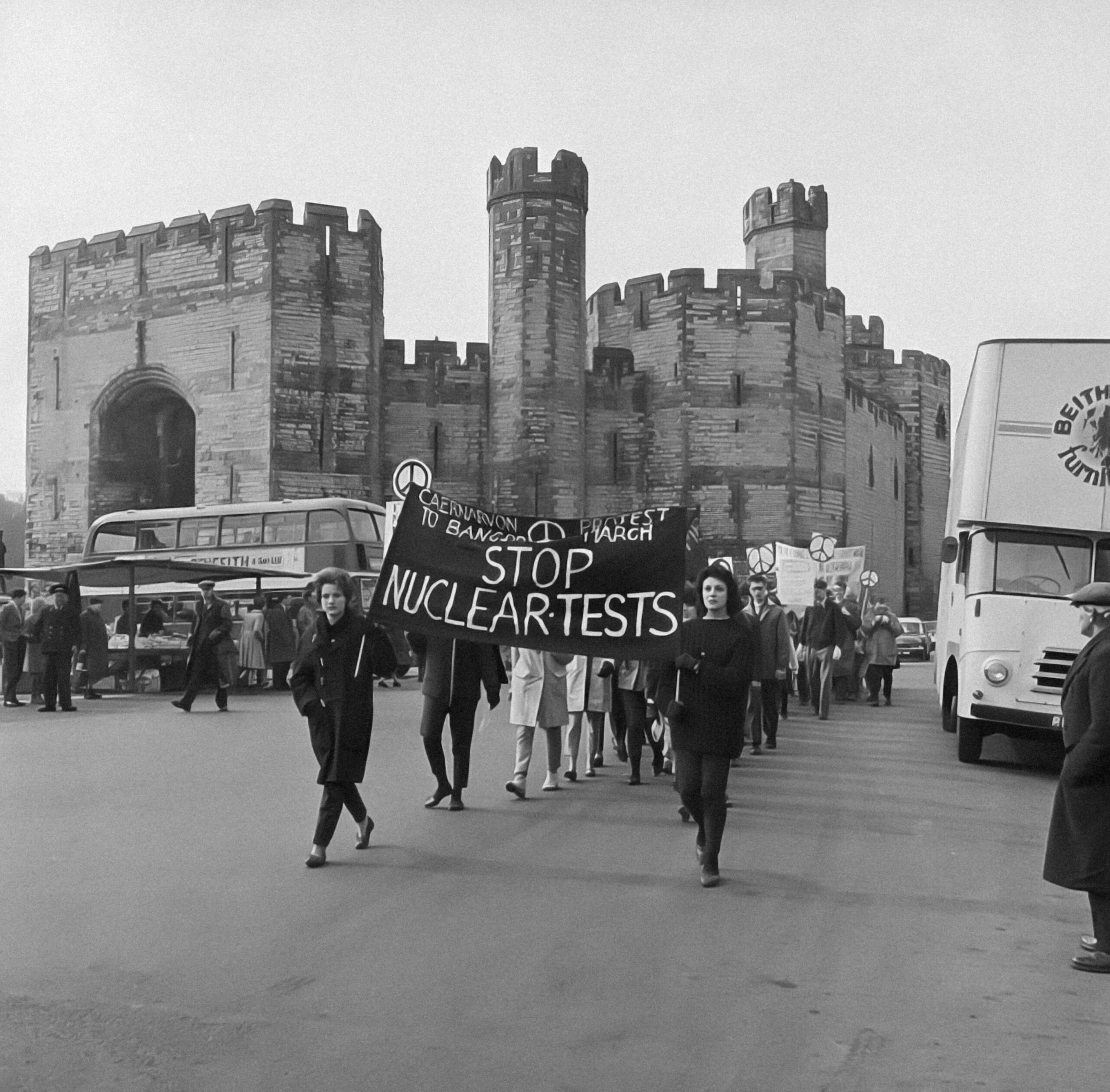Reasons Why America Went to War
War, defined as violent conflict between states or nations, has played a significant role in shaping human history, social and political institutions, as well as values and ideas.
War, defined as violent conflict between states or nations, has played a significant role in shaping human history, social and political institutions, as well as values and ideas. Throughout the centuries, the United States of America has been involved in numerous conflicts that have defined the nation and had far-reaching consequences.
While some wars were fought in response to direct attacks, others were ill-judged moves resulting in unnecessary suffering. Here are some reasons why America went to war.
1. War for Independence
In the 18th century, America fought for its independence from British rule.
The American Revolutionary War, which lasted from 1775 to 1783, was a pivotal moment in American history. The colonists believed that they were being unfairly treated by the British government and sought to establish their own nation based on principles of freedom and self-governance.
The war ultimately led to the signing of the Declaration of Independence in 1776, marking the birth of the United States of America.
2. National Security
Throughout its history, the United States has engaged in wars to protect its national security and interests. From the War of 1812, fought against British aggression, to World War II, where the U.S. entered after the attack on Pearl Harbor, these conflicts were seen as necessary to safeguard the nation and its people. The Cold War era also saw the U.S. involved in conflicts such as the Korean War and the Vietnam War, driven by the perceived threat of communism and the desire to contain its spread.
3. Humanitarian Reasons
At times, America has gone to wars for humanitarian reasons, aiming to alleviate suffering and promote democracy and human rights. The Spanish-American War in 1898 was fought to help Cuba gain independence from Spain and protect the rights of the Cuban people. Similarly, the U.S. intervention in World War I was driven by a desire to protect democratic values and prevent further atrocities in Europe.
4. War Over Ideological Differences
Wars have also been fought due to ideological differences.
The Vietnam War, for example, was fueled by the Cold War rivalry between the United States and the Soviet Union. The U.S. believed in the containment of communism, while the North Vietnamese sought to unify Vietnam under a communist regime.
This clash of ideologies led to a prolonged and controversial conflict that deeply divided American society.
5. War for Economic Interests
Economic interests have also played a role in America’s decision to go to wars. The Spanish-American War, in addition to humanitarian reasons, was driven by a desire to protect American business interests in Cuba. Similarly, the Gulf War in the 1990s was fought to protect access to oil resources in the Middle East.
6. War as Preemptive Strikes
In some cases, America has engaged in preemptive strikes to prevent potential threats. The Iraq War in 2003, for instance, was justified by the belief that Iraq possessed weapons of mass destruction and posed a threat to regional and global security. However, the subsequent discovery that these weapons did not exist led to much controversy and criticism.
In conclusion, the reasons why America went to war are varied and complex. From the fight for independence to national security concerns, humanitarian reasons, ideological differences, economic interests, and preemptive strikes, each conflict has had its own unique motivations.
Understanding these reasons is crucial in order to learn from history and strive for peaceful resolutions whenever possible.










